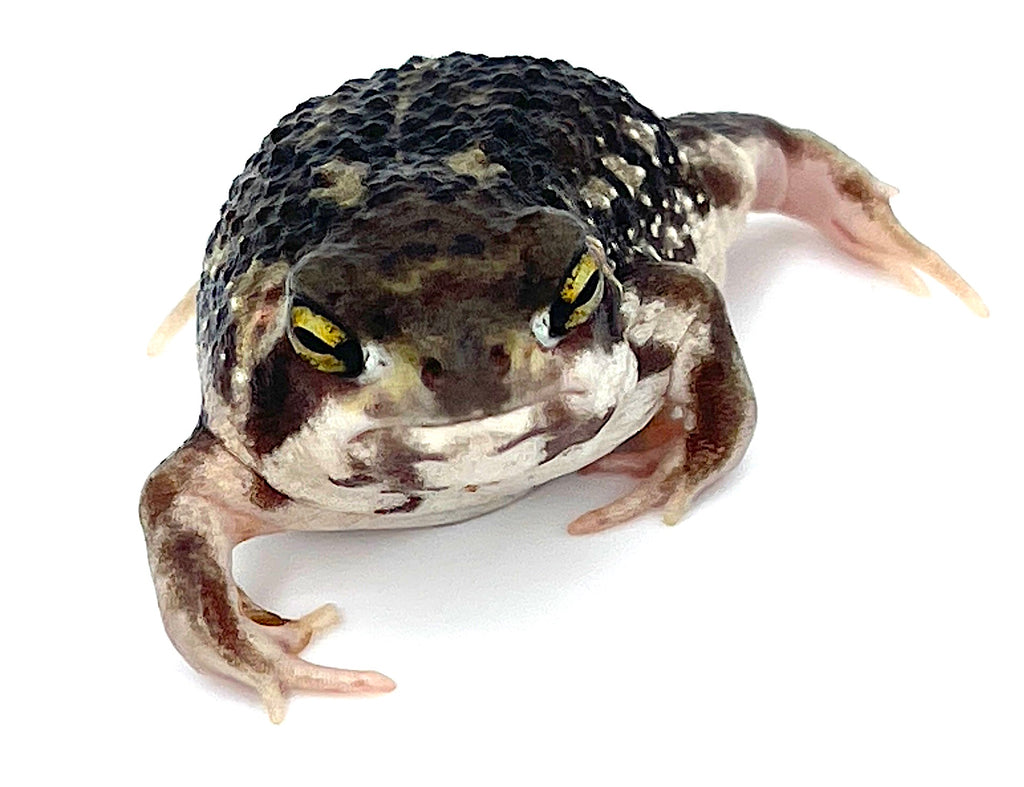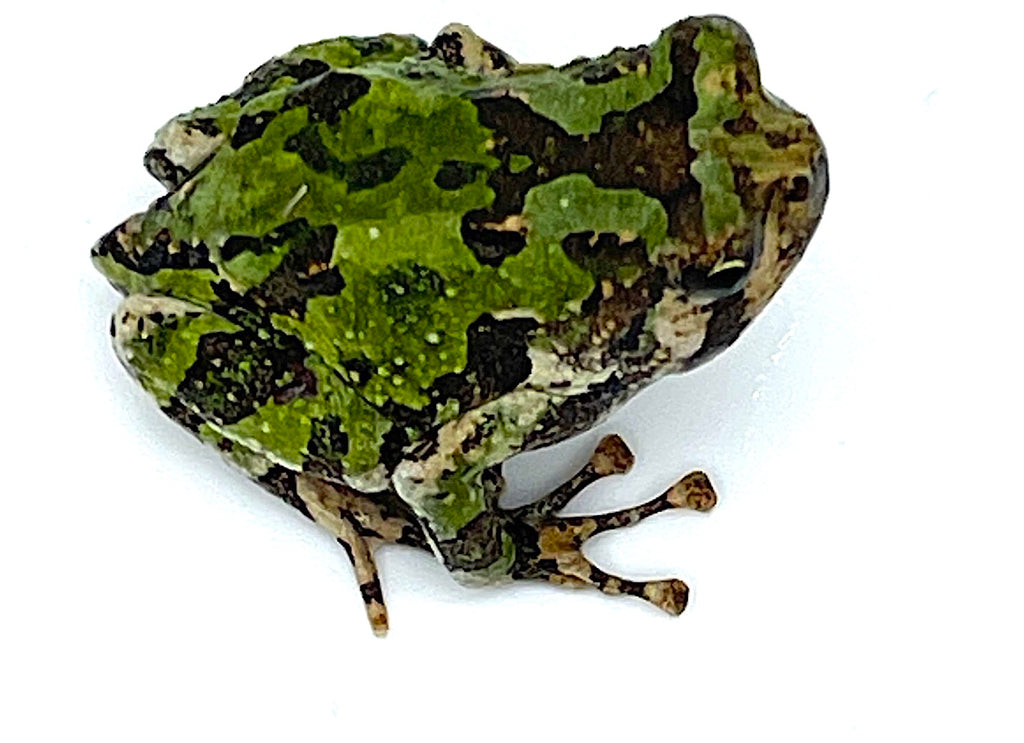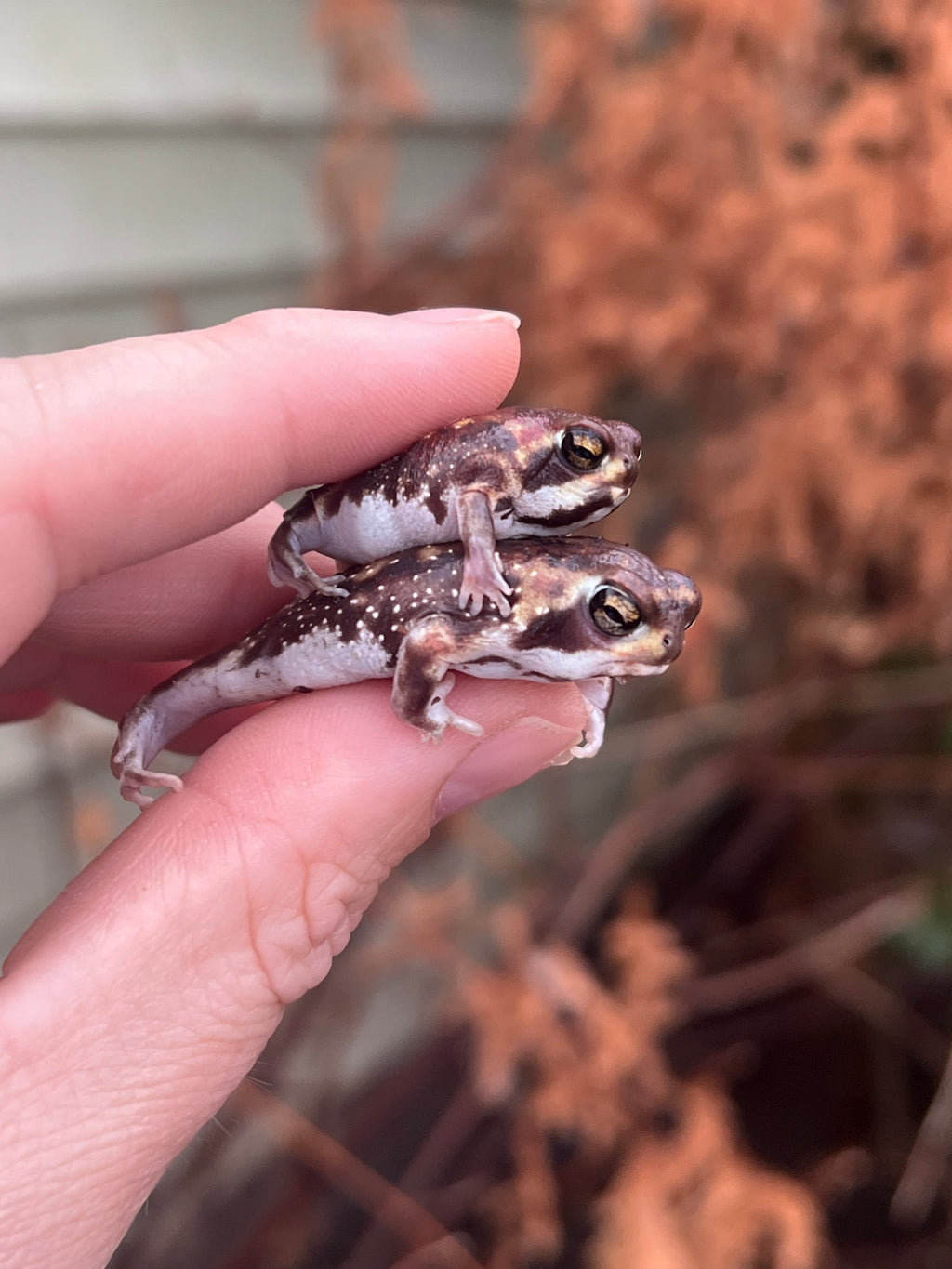Discover Your Perfect Rain Frog for Sale: Study the Globe of Unique Amphibians!
Discover Your Perfect Rain Frog for Sale: Study the Globe of Unique Amphibians!
Blog Article
Common Wellness Issues in Reptiles: Signs And Symptoms and Solutions
In the detailed globe of reptile treatment, comprehending the typical health and wellness problems that may affect these unique animals is extremely important in guaranteeing their wellness. From breathing infections that can silently take hold to metabolic bone conditions that can incapacitate, reptiles are at risk to an array of conditions that require eager observation and timely intervention. Whether it's facing parasitic infestations, browsing dehydration worries, or attending to skin ailments that show up in refined methods, being attuned to the symptoms and outfitted with the understanding of effective remedies is necessary for any type of reptile owner. By diving even more right into the nuances of these wellness issues and exploring the useful treatments readily available, one can secure the health and vitality of these remarkable animals.
Respiratory System Infections
Respiratory system infections in reptiles can dramatically influence their general health and wellness and require prompt interest from skilled veterinarians. In reptiles, respiratory system infections can be specifically testing to identify and treat due to their unique makeup and physiology.
Treatment for respiratory infections in reptiles typically entails a combination of supportive treatment, such as maintaining correct humidity degrees and temperature slopes in the room, as well as targeted drug to deal with the specific virus in charge of the infection. It is crucial for reptile proprietors to monitor their family pets closely for any kind of signs of respiratory system distress and seek vet care at the earliest indicator of a concern. With timely treatment and appropriate therapy, lots of reptiles can recuperate totally from respiratory system infections and resume typical tasks.

Metabolic Bone Illness
What variables add to the development of Metabolic Bone Disease in reptiles?
Metabolic Bone Illness (MBD) in reptiles is largely brought on by a lack of appropriate calcium, phosphorus, and vitamin D3 levels in their diet plan. When reptiles do not obtain adequate calcium, either through their food or appropriate UVB exposure for vitamin D3 synthesis, they are at a high danger of establishing MBD. Reptiles with diets low in calcium or imbalanced calcium to phosphorus ratios are especially at risk. In addition, poor exposure to UVB light prevents reptiles from synthesizing vitamin D3, which is essential for calcium absorption and bone health and wellness.
Insufficient moisture levels can additionally affect a reptile's capacity to metabolize calcium successfully. Regular vet check-ups, appropriate husbandry practices, and a well balanced diet are crucial to avoid Metabolic Bone Condition in reptiles.
Parasitic Problems
Parasitic problems pose a substantial health danger to reptiles, influencing their general health and requiring timely vet attention. Reptiles can be impacted by numerous bloodsuckers, consisting of termites, ticks, internal worms, and protozoa. These bloodsuckers can create a variety of signs and symptoms, such as weight-loss, sleepiness, skin irritation, looseness of the bowels, and also death if left neglected.
One usual parasite discovered in reptiles is the mite, which can create skin anemia, irritation, and anxiety. Ticks are another outside bloodsucker that can send conditions and create discomfort to the reptile. Interior parasites like worms and protozoa can result in digestion concerns, lack of nutrition, and damage the reptile's body immune system.
To diagnose a parasitical problem, a vet might execute fecal examinations, skin scrapings, or blood examinations. Therapy commonly includes deworming medicines, antiparasitic bathrooms, or in serious situations, hospitalization. Preventative steps such as regular veterinary exams, proper health, and view website quarantine treatments for new reptiles can help lessen the risk of parasitic invasions and guarantee the wellness of reptile animals.
Dehydration and Hydration Issues
Dehydration in reptiles can substantially affect their health and wellness and wellness, necessitating prompt treatment and proper hydration administration. Reptiles are prone to dehydration due to numerous aspects such as insufficient water intake, high ecological temperature levels, and certain health problems. Signs of dehydration in reptiles include sunken eyes, sleepiness, loss of skin flexibility, and decreased peeing. If left unattended, dehydration can cause major health and wellness concerns and also be fatal to the reptile.
To stop dehydration, reptile proprietors must make sure that their pets site link have access to tidy water whatsoever times. The water meal should be big sufficient for the reptile to soak in if needed, specifically for types that soak up water through their skin. In addition, preserving correct humidity degrees in the reptile's enclosure and supplying regular baths can help avoid dehydration.
In instances of dehydration, it is essential to look for veterinary care without delay. A vet may carry out liquids either by mouth or via injections to rehydrate the reptile. It is vital to attend to the underlying source of dehydration to avoid reoccurrence and make certain the reptile's general wellness.
Skin Disorders

Verdict

Respiratory system infections in reptiles can substantially impact their total health and call for prompt focus from skilled vets (rain frog for sale). Preventative steps such as normal veterinary exams, proper health, and quarantine procedures for new reptiles can aid reduce the threat of parasitic invasions and ensure the wellness of reptile family pets
If left unattended, dehydration can lead to severe health problems and also be fatal to the reptile.
On a regular basis examining your reptile for any kind of changes in skin appearance, color, or appearance can assist in early detection and therapy of skin disorders, advertising the overall health and wellness and wellness of your flaky friend. - rain frog for sale
In conclusion, reptiles are susceptible to different wellness concerns such as respiratory infections, metabolic bone disease, parasitic invasions, dehydration, and skin conditions.
Report this page